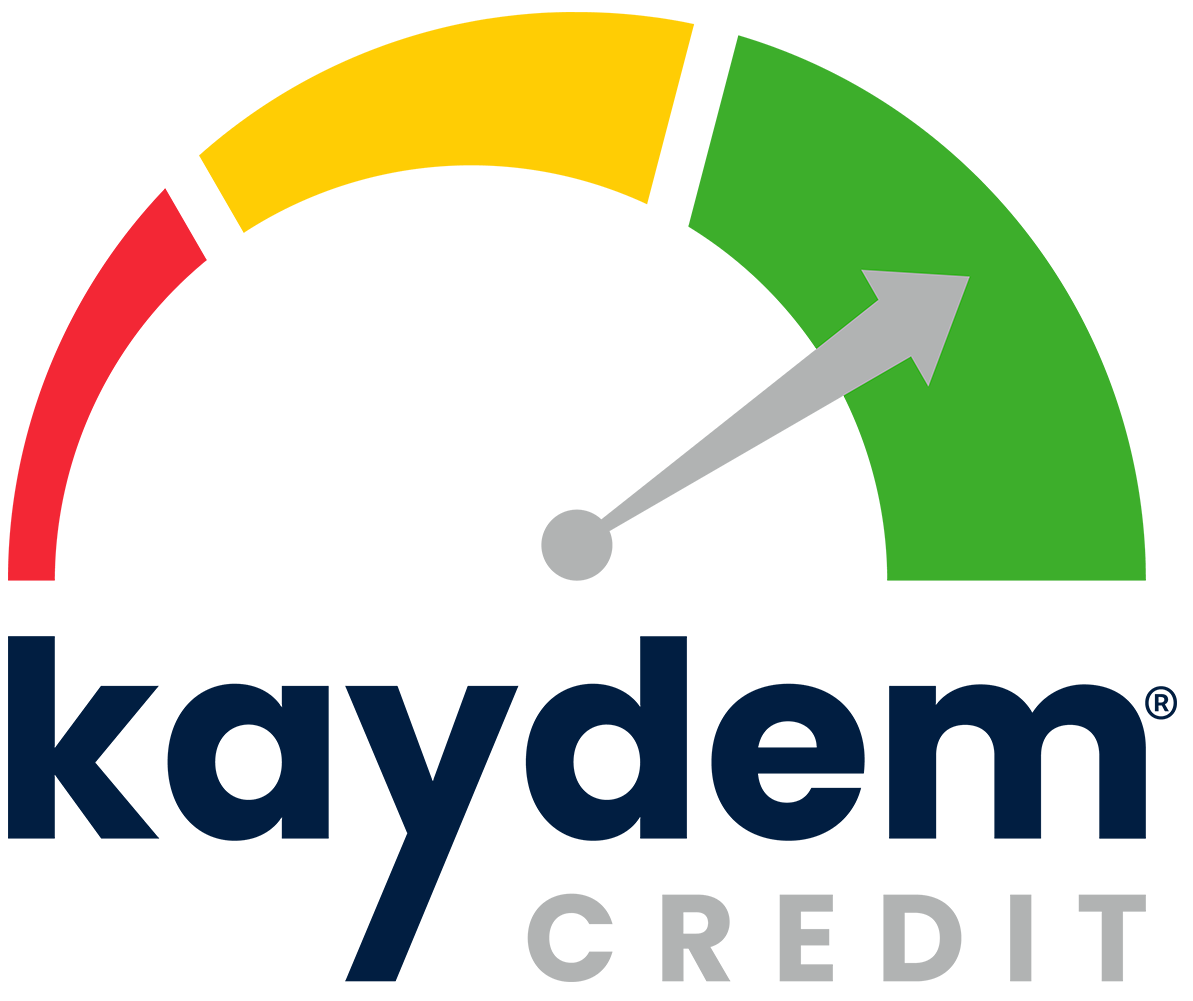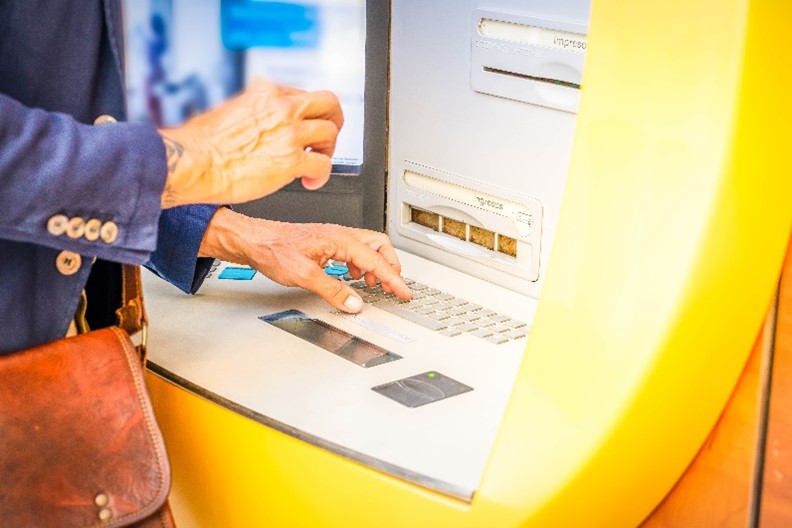It’s common for individuals to have various accounts with several financial institutions, is it bad to have multiple bank accounts? Or is it a beneficial financial decision? To make the best decision for your finances, consider the advantages and disadvantages of having accounts with only one bank.
Is Having Multiple Bank Accounts a Bad Idea?
Reasons you may open accounts with multiple banks
Consider opening accounts with more than one bank if you plan to use it to help with:
- Budgeting
- Tracking savings goals
- Separating finances
- Teaching your children to make wise financial decisions
Pros of having accounts with one bank
Maintain account security
Every bank has different levels of security and protocols to maintain it. When you choose a financial institution with a higher level of protection, you will have to take extra measures to access your accounts, such as answering security questions or providing state-issued identification.
These extra measures help you keep your accounts and money secure. You can take additional security measures, such as limiting how much cash can be withdrawn per transaction.
Maintaining security can be trickier when you have different security measures with various banks. It could be challenging to remember what PIN (personal identification number) you used for which account with which bank.
Receive a more personalized service
Banks value the loyalty of their customers, so maintaining an exclusive relationship with one bank could prove beneficial.
When you regularly use one bank for all your finances, they can better understand your activity and spending habits, which allows them to make personalized decisions for you. Suppose you have never overdrawn your account for two years, and then you suddenly swipe your card without enough funds in your account. The bank may notify you of the potential overdraft, giving you time to correct the issue before any overdraft charges incur. Similarly, they could decide to waive the overdraft fees entirely.
Additionally, with a long, positive relationship with a financial institution, you may be entitled to better loan terms, interest rates, and credit card perks.
Keep track of your finances easier
Dealing with one bank will always be easier than with multiple banks.
When all your accounts and due dates are in one place, staying on top of them is simpler, especially if you have multiple accounts, loans, or mortgages.
If you believe your accounts or passwords are compromised, it is easier to track down the activity if they are within the same bank.
You can still take advantage of FDIC coverage within the same bank
Many people will have different accounts with multiple banks since they believe the FDIC (Federal Deposit Insurance Corporation) will only cover one account per bank. However, this is not the case.
The FDIC will cover up to $250,000 per eligible account, even within the same bank. In other words, you could have up to $250,000 in a checking account, savings account, money market deposit account (MMDA), and certificates of deposits (CDs) and have FDIC coverage for each account.
Despite this, it is essential to remember the FDIC warns consumers that it does not cover non-deposit investments. These accounts include mutual funds, life insurance policies, annuities, stocks, and bonds.
Cons of having accounts with only one bank
Possibly missing out on better rates or terms
Limiting your accounts to one financial institution may cause you to miss out on better interest rates or account terms. Unfortunately, no single bank offers the best of everything, but you can choose banks that provide the best terms and rates for the account you wish to open.
For example, one bank may offer a better interest rate for an auto loan while another has better mortgage rates. In this case, you can opt to take advantage of both lucrative offers.
Greater chance of losses
Should someone get a hold of your login credentials, you could suffer insurmountable losses, especially if all your money is within one bank.
Having multiple accounts with other banks, given your passwords are different for each, can help negate this issue.
You may end up stuck with a bank you do not enjoy
Switching banks can be extremely challenging when all your accounts are in the same bank.
As a result, many remain with the bank where they do not feel like a valued customer or enjoy. When you have multiple accounts spread across various banks, moving one or two accounts from one bank to another is much easier.
If opening accounts with more than one bank will help you achieve your financial goals, then it may be the right decision for you.
The bottom line is that your unique needs should guide you in deciding where to open and maintain your bank accounts. Whether you desire increased account security with one bank or spreading your accounts across various financial institutions.







